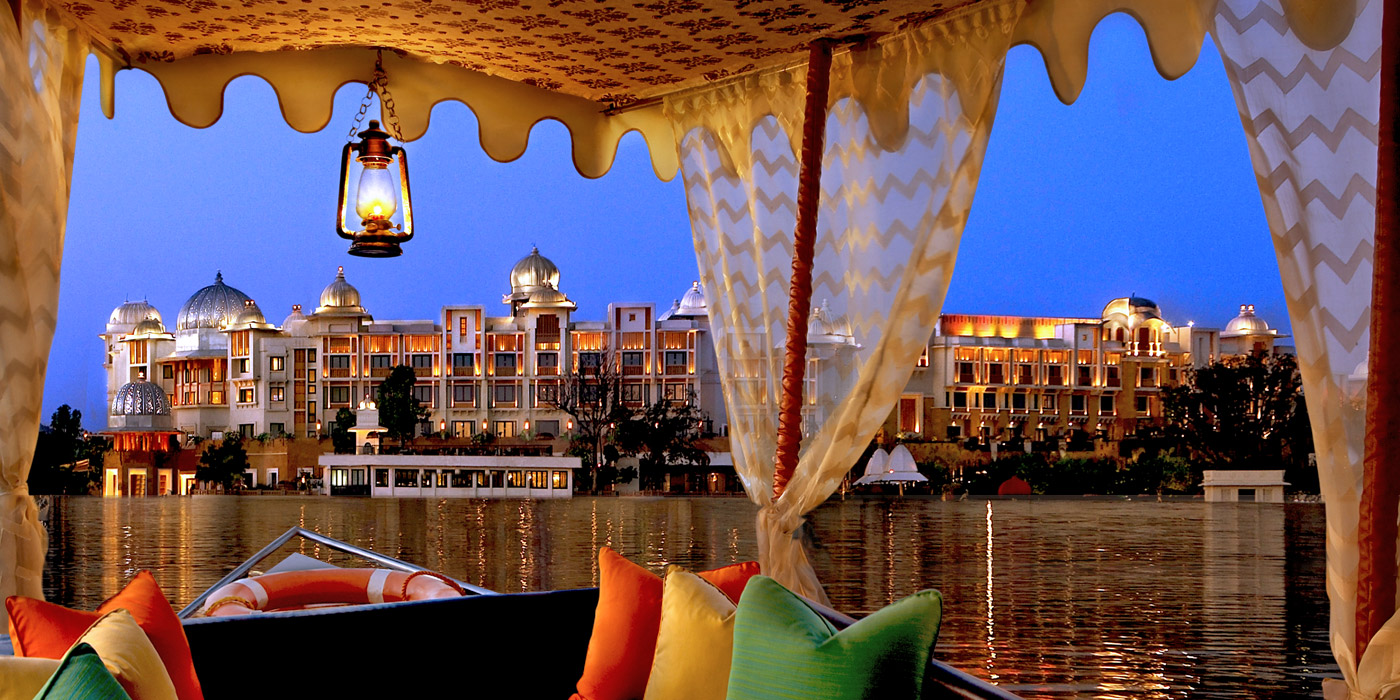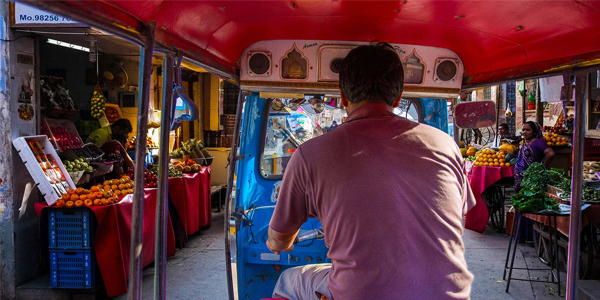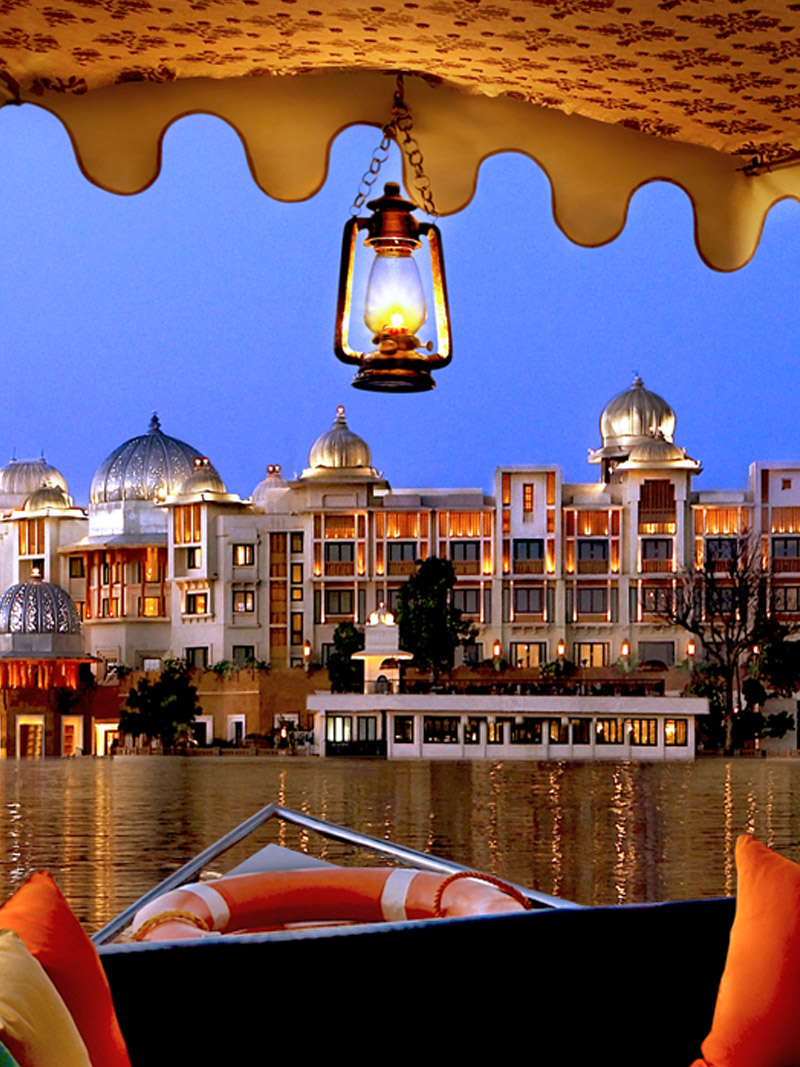
India is completely different from any other country with its diverse mix of peoples, climates, scenery, religions, and cultural influences. It can be inspiring, moving and, at times even infuriating. In order to enjoy your tour to the maximum, do go with an open mind; and perhaps without drawing comparisons with any other destination or culture. We have prepared these travel tips to help you with your pre-holiday planning, and also for after you arrive in India.
Way to go

Take health precautions

Take health precautions
Visit your doctor before you travel for all relevant vaccinations/immunizations. Medical insurance coverage is recommended and is your responsibility. It is a good idea to carry an extra set of your prescribed medication (if any) and keep handy a ready list of allergies and other relevant information regarding your health.
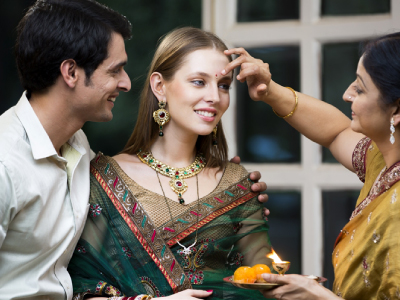
Be mindful of local customs

Be mindful of local customs
India, Nepal and Bhutan are secular countries where people following different faiths and religions live in harmony. There are some local customs and religions sentiments you need to be mindful of when travelling; a modest dress code in general, removing shoes when entering religious places, covering your head as a mark of respect on some occasions, and being aware of local etiquette, is appreciated.
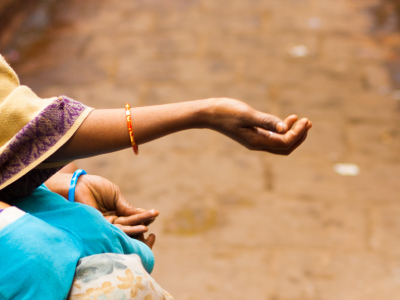
Say “No” to pan handlers

Say “No” to pan handlers
Do not give alms to pan handlers, no matter how hard it might be. The urge to donate or feed the hungry stomachs can be satisfied by a registered charity or at free kitchen (langar) of any temple or Gurudwara.
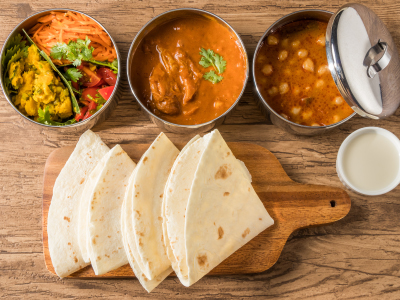
F&B tips

F&B tips
Indian cuisine is famous worldwide for its rich taste and diversity. There is a lot to discover; from spicy snacks to rich curries to sweet delicacies. However, pace yourself and pay attention to always drink bottled mineral water and avoid cut fruits and salads, unless you are at a reputed restaurant or hotel. take care of your appetite to avoid over eating. Also, keep track of water intake and always use packaged mineral water.
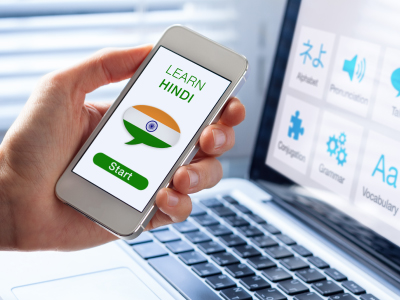
Learn some local words

Learn some local words
English is a commonly used and understood language throughout the Indian subcontinent. However, familiarising yourself with a couple of commonly used words or phrases will help in communicating with local people.
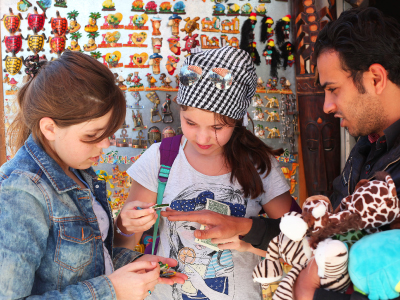
Try Bargaining

Try Bargaining
Local markets of the Indian subcontinent are the best platform to test your bargaining skills. Always do some research and check the price for the same item at different shops and then try bargaining to get the best price. The vendors expect you to bargain and it is a fun experience for them as well. This bargaining however does not apply to the bigger stores where there is a fixed price.
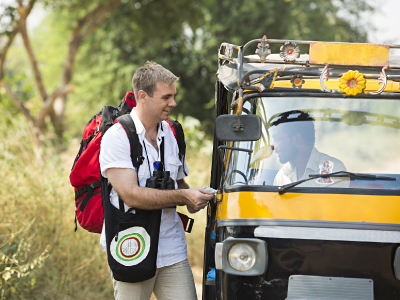
Currency

Currency
In India, the local currency is Indian Rupee, in Bhutan – it is Ngultrum and in Nepal – it is the Nepali rupee. The Ngultrum in Bhutan is equal in value to the Indian Rupee and Indian Rupees are accepted everywhere in Bhutan.
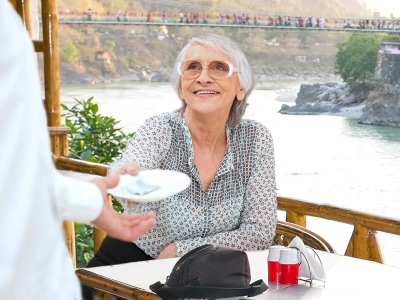
Tipping

Tipping
Tipping is entirely at your discretion and not compulsory, however, on more than one occasions, the person providing you a service (driver, bell boy, waiter, porter, etc.) would expect a tip which would mean you liked his services.
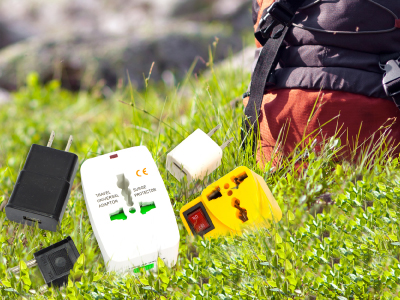
Voltage

Voltage
Electrical current in India, Nepal and Bhutan is 220/240 volts, with a circular two pin and three pin power outlets. For all electrical appliances that you bring with you, please carry the appropriate adapters. It is also recommended that you take battery-operated appliances where possible, along with a supply of extra batteries.

Take health precautions

Take health precautions
Visit your doctor before you travel for all relevant vaccinations/immunizations. Medical insurance coverage is recommended and is your responsibility. It is a good idea to carry an extra set of your prescribed medication (if any) and keep handy a ready list of allergies and other relevant information regarding your health.
Download Tips

Be mindful of local customs

Be mindful of local customs
India, Nepal and Bhutan are secular countries where people following different faiths and religions live in harmony. There are some local customs and religions sentiments you need to be mindful of when travelling; a modest dress code in general, removing shoes when entering religious places, covering your head as a mark of respect on some occasions, and being aware of local etiquette, is appreciated.
Download Tips

Say “No” to pan handlers

Say “No” to pan handlers
Do not give alms to pan handlers, no matter how hard it might be. The urge to donate or feed the hungry stomachs can be satisfied by a registered charity or at free kitchen (langar) of any temple or Gurudwara.
Download Tips

F&B tips

F&B tips
Indian cuisine is famous worldwide for its rich taste and diversity. There is a lot to discover; from spicy snacks to rich curries to sweet delicacies. However, pace yourself and pay attention to always drink bottled mineral water and avoid cut fruits and salads, unless you are at a reputed restaurant or hotel. take care of your appetite to avoid over eating. Also, keep track of water intake and always use packaged mineral water.
Download Tips

Learn some local words

Learn some local words
English is a commonly used and understood language throughout the Indian subcontinent. However, familiarising yourself with a couple of commonly used words or phrases will help in communicating with local people.
Download Tips

Try Bargaining

Try Bargaining
Local markets of the Indian subcontinent are the best platform to test your bargaining skills. Always do some research and check the price for the same item at different shops and then try bargaining to get the best price. The vendors expect you to bargain and it is a fun experience for them as well. This bargaining however does not apply to the bigger stores where there is a fixed price.
Download Tips

Currency

Currency
In India, the local currency is Indian Rupee, in Bhutan – it is Ngultrum and in Nepal – it is the Nepali rupee. The Ngultrum in Bhutan is equal in value to the Indian Rupee and Indian Rupees are accepted everywhere in Bhutan.
Download Tips

Tipping

Tipping
Tipping is entirely at your discretion and not compulsory, however, on more than one occasions, the person providing you a service (driver, bell boy, waiter, porter, etc.) would expect a tip which would mean you liked his services.
Download Tips

Voltage

Voltage
Electrical current in India, Nepal and Bhutan is 220/240 volts, with a circular two pin and three pin power outlets. For all electrical appliances that you bring with you, please carry the appropriate adapters. It is also recommended that you take battery-operated appliances where possible, along with a supply of extra batteries.
